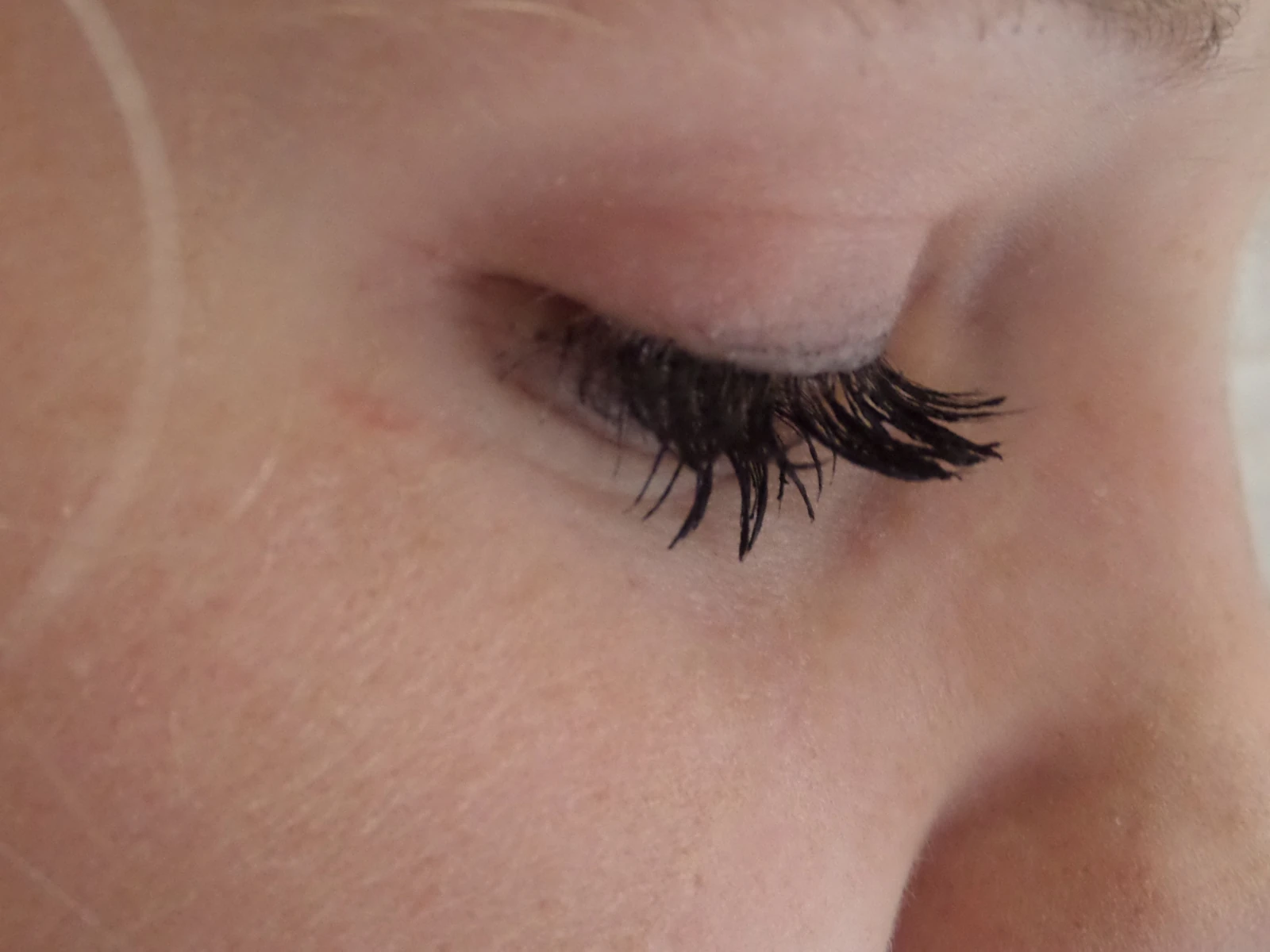Am I Autism?
When I tell you I have autism. Who do you think I am?
Do you think I am smart and good with numbers?
Maybe I am a prodigy?
You may assume it is very hard for me to communicate with people. Or that I am good at seeing the structure in things.
Of course these are all possible presentations of Autism Spectrum Disorder. But these don’t describe who I am.

Why autism is not who I am
The prejudices about people with autism don’t describe my struggles or my dreams. The things I accomplished and those I had to let go. My relationships with my family and friends.
Or the joy I find in the world around me. My passions and hobbies and those I confide in. What I do when I am home alone and the things I laugh about with my friends.
So why do I tell people that I have autism? How does this label fit into the person that is Wendy?
What I gained from knowing I have autism
ASS is a great tool for me to understand my behaviors. These are simple things like why I love sailing, but will rarely get into a sailing boat. Or bigger things like why I almost got a panic attack when the painter told me it was impossible to strip the walls of my new living space.
Knowing these things help me organize my life in such a way that causes the least friction. I have a dishwasher simply because I love the puzzle of loading it optimally and hate handwashing.
And it helps me to get the right support from professionals, such as my meetings with a psychologist. These things give me the peace and structure I need so I can focus on getting a job or writing a blog.
The dangers of first impressions
When meeting new people the impression they get is often one of a smart, social woman. I love it when people see me like that, but it also means I get overestimated a lot.
Because what people don’t see is that after an afternoon of intense discussions in training, the only thing I can do is stare at a wall. Or watch some stupid Youtube videos about cats.
It wouldn’t be the first time I worked myself into burnout or sensory overload because I or someone else overestimated me.
And to make things harder, often the crash doesn’t happen until the event is over or a task is accomplished. So others don’t see the impact these things have on my health.
Why telling people makes my life easier
Explaining to people why I can’t work more than fifteen hours a week is easier using terms like sensory overload and burnout. At work central coherence and executive functions are part of the vocabulary I use.
Central coherence makes it easier to explain why it is hard for me to choose 5 tasks from a list of hundreds. Or why I had to break down how to build a website into smaller steps and make them visual to have the process make sense in my head.
My family now understands that when I say that I am tired, I really have to go to prevent sensory overload. And that when I don’t get around to doing something I promised to do, it isn’t because I did not want to do it. I simply could not switch between tasks at the right moment.
Do you see me?
The most important thing is that when I tell people about my autism they realize that I am not autism, I have it. I am still a person with loved ones, hobbies, passions and worries. Just like everyone else.
If you know someone or encounter someone on the spectrum, ask them what autism means to them. How can you help them?
And more importantly, don’t lose sight of the person behind the autism. Are they funny or kind? What is their favorite hobby? And what do they dream about for the future?
Be kind. Be open-minded. And let yourself be amazed by the person in front of you.


